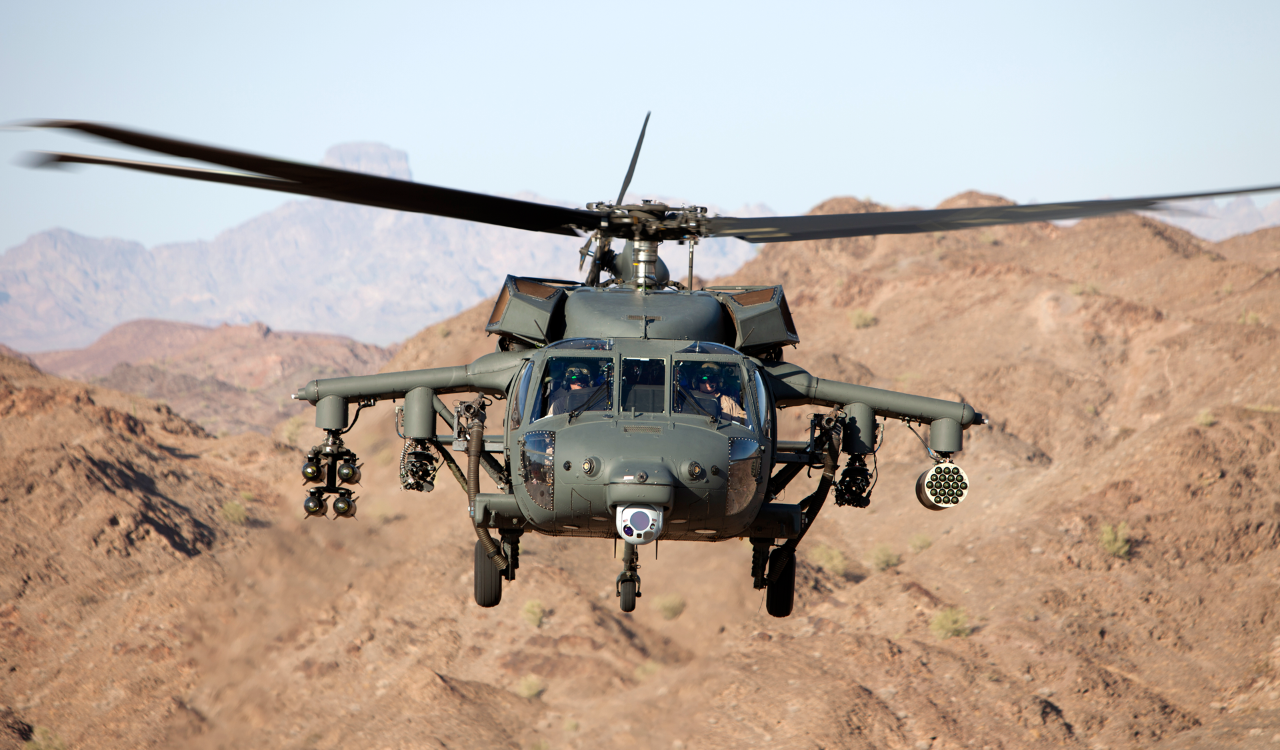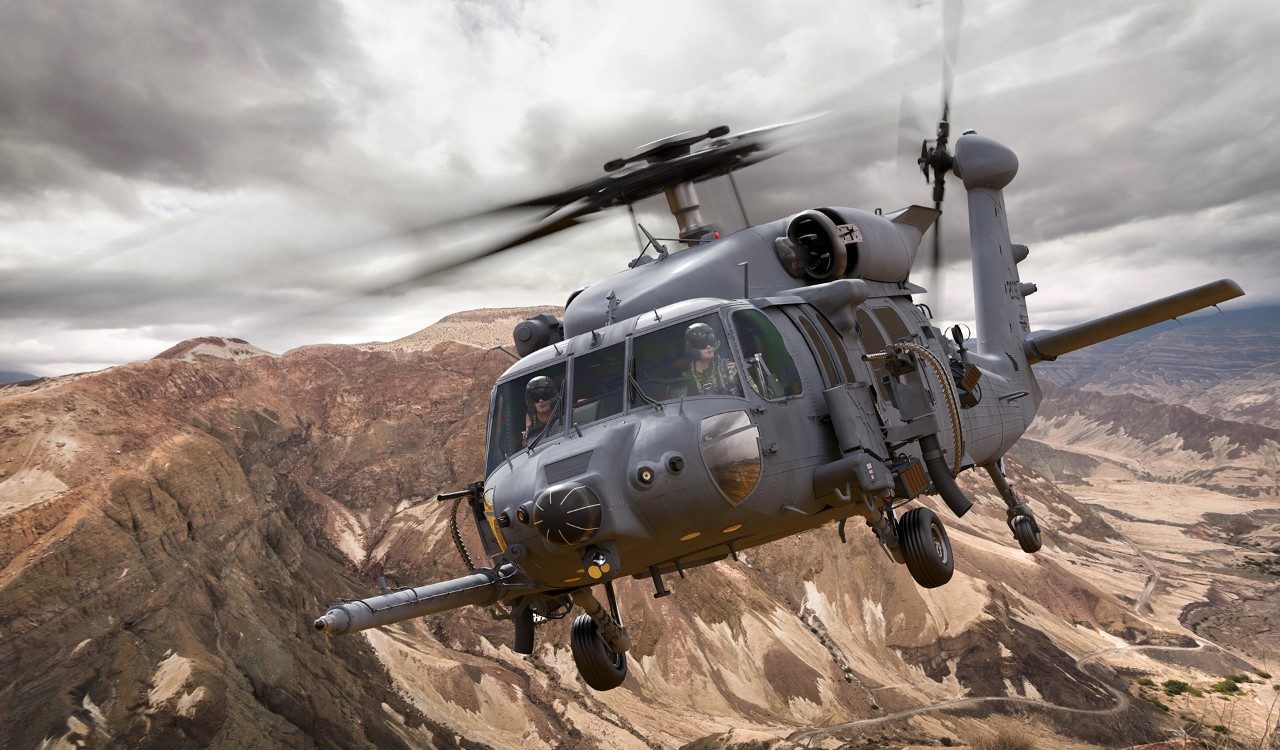The Role of UH 60 in Modern Armed Force Procedures
The Role of UH 60 in Modern Armed Force Procedures
Blog Article
The Effect of Lasting Practices on the Future of Airplane Procedures and Emissions Reduction
As the aeronautics industry faces increasing examination over its environmental effect, the fostering of lasting practices arises as a critical pathway towards future aircraft procedures and discharges decrease. Innovations in sustainable air travel fuels and advancements in hybrid propulsion innovations stand at the leading edge of this change, promising substantial reductions in greenhouse gas discharges.

Overview of Sustainable Practices
Lasting techniques in airplane operations incorporate a series of techniques targeted at lowering environmental influence while maintaining functional efficiency. These practices are vital in the air travel sector's dedication to reducing its carbon footprint and adhering to worldwide ecological requirements. Key initiatives include maximizing trip paths to minimize fuel intake, boosting upkeep procedures to make sure airplane run at peak effectiveness, and executing sophisticated technologies such as winglets and lightweight products that enhance aerodynamics.

Training and engaging personnel on sustainability methods likewise play an essential role, promoting a culture of environmental responsibility within companies. On the whole, the integration of these sustainable practices not only assists reduce discharges yet additionally improves the long-lasting stability of the aviation industry, guaranteeing it fulfills the demands of both consumers and regulatory bodies while contributing to worldwide sustainability objectives.
Ingenious Gas Alternatives
Various cutting-edge fuel alternatives are emerging as crucial remedies to minimize the aviation market's dependence on conventional fossil gas. Amongst these options, Sustainable Aviation Fuels (SAFs) have actually gained considerable interest because of their possible to decrease lifecycle greenhouse gas discharges by as much as 80% compared to traditional jet fuels. SAFs are originated from numerous feedstocks, consisting of waste oils, agricultural deposits, and even algae, making them a flexible option for the sector.
One more promising option is hydrogen gas, which, when utilized in fuel cells, produces only water vapor as a byproduct. This zero-emission prospective presents a significant chance for decarbonizing flight operations, particularly for short-haul trips and local airplane. Additionally, electrical propulsion systems are being explored, leveraging battery modern technology to power aircraft. While current battery ability restrictions variety and haul, recurring advancements might soon render electric trips practical for details applications - uh 60.
Last but not least, biofuels originated from biomass are being examined, supplying a sustainable choice that can be blended with traditional gas. Collectively, these cutting-edge gas options stand for a critical step towards achieving a lasting aviation ecological community, lining up with international emissions decrease targets and enhancing the sector's environmental stewardship.
Technical Advancements in Air Travel

How can technical developments improve the future of aeronautics? The integration of cutting-edge innovations is pivotal in changing airplane operations, improving effectiveness, and minimizing emissions. Advancements such as electrical and hybrid propulsion systems are at the leading edge, encouraging considerable decreases in fuel usage and greenhouse gas exhausts. These systems leverage improvements in battery innovation and power management, enabling aircraft to operate with a lower ecological footprint.
In addition, the application of advanced products, such as lightweight compounds, adds to improved the rules of aerodynamics and gas effectiveness. The use of expert system and artificial intelligence in trip operations maximizes route planning and reduces gas burn by making it possible for real-time modifications based upon climate and traffic problems. Additionally, the growth of independent and from another location piloted aircraft systems stands to transform cargo and passenger transport, potentially enhancing performance while lessening human mistake.
Moreover, lasting air travel innovations, including advanced air web see this website traffic monitoring systems, can minimize and enhance procedures congestion, causing reduced discharges throughout flight. These developments collectively represent a paradigm change in aeronautics, promising a future where sustainability and operational effectiveness are intertwined, thereby supporting the sector's dedication to reducing its ecological influence.

Governing Structure and Conformity
In light of the expanding emphasis on ecological stewardship within the aviation industry, the governing structure regulating aircraft procedures is advancing to advertise lasting methods. Regulative bodies, such as the International Civil Air Travel Organization (ICAO) and various nationwide air travel authorities, are introducing rigid guidelines targeted at reducing emissions and enhancing functional efficiency.
These policies usually consist of the fostering of Sustainable Air travel Fuel basics (SAF), which has actually been recognized as a key component in achieving reduced carbon impacts. Moreover, compliance with these regulations needs airlines to apply functional methods and advanced technologies, such as enhanced flight paths and boosted air website traffic management, to reduce fuel usage.
In addition, the enforcement of emissions trading systems and carbon balancing out campaigns is ending up being increasingly common, compelling airlines to keep an eye on and report their discharges precisely. Non-compliance can lead to substantial charges, hence pushing drivers to prioritize sustainability in their service versions.
Inevitably, the advancing governing landscape not just drives technology and investment in environment-friendly innovations yet likewise fosters a culture of liability within the air travel market. As these frameworks continue to develop, the concentrate on lasting practices will certainly be important to accomplishing the field's lasting ecological objectives.
Future Patterns in Airplane Operations
As the aviation sector adapts to a significantly rigid regulative environment, future patterns in airplane procedures are readied to concentrate on cutting-edge options that further boost sustainability and effectiveness - uh 60. Secret click here for more advancements will likely include the fostering of sophisticated air traffic management systems, which make use of real-time data and expert system to optimize trip paths, minimizing fuel intake and exhausts
An additional substantial fad is the boosted combination of sustainable aviation gas (SAFs) These choices to traditional jet fuel, stemmed from renewable resources, can considerably reduce lifecycle greenhouse gas discharges. The industry's commitment to SAFs will likely speed up as airlines collaborate with gas producers to make sure availability and cost-effectiveness.
Furthermore, the push in the direction of electrification and crossbreed propulsion systems is obtaining momentum. Emerging airplane layouts will integrate these technologies, using quieter and extra effective procedures, specifically for short-haul flights.
Verdict
The adoption of sustainable aviation fuels, paired with innovations in electrical and hybrid propulsion systems, is necessary for decreasing lifecycle greenhouse gas exhausts. Maximizing flight paths and accepting cutting-edge innovations add to a quieter and extra ecologically friendly aeronautics industry.
Advancements in lasting aviation gas and advancements in crossbreed propulsion innovations stand at the leading edge of this transformation, appealing considerable reductions in greenhouse gas discharges.Countless cutting-edge gas options are emerging as crucial solutions to lower the aviation market's dependence on traditional fossil fuels - uh 60. Amongst these options, Lasting Air travel Fuels (SAFs) have acquired significant focus due to their prospective to decrease lifecycle greenhouse gas discharges by up to 80% compared to standard jet gas.Another substantial trend is the boosted combination of sustainable aviation fuels (SAFs) The fostering of sustainable aviation gas, coupled with improvements in hybrid and electrical propulsion systems, is vital for minimizing lifecycle greenhouse gas exhausts
Report this page